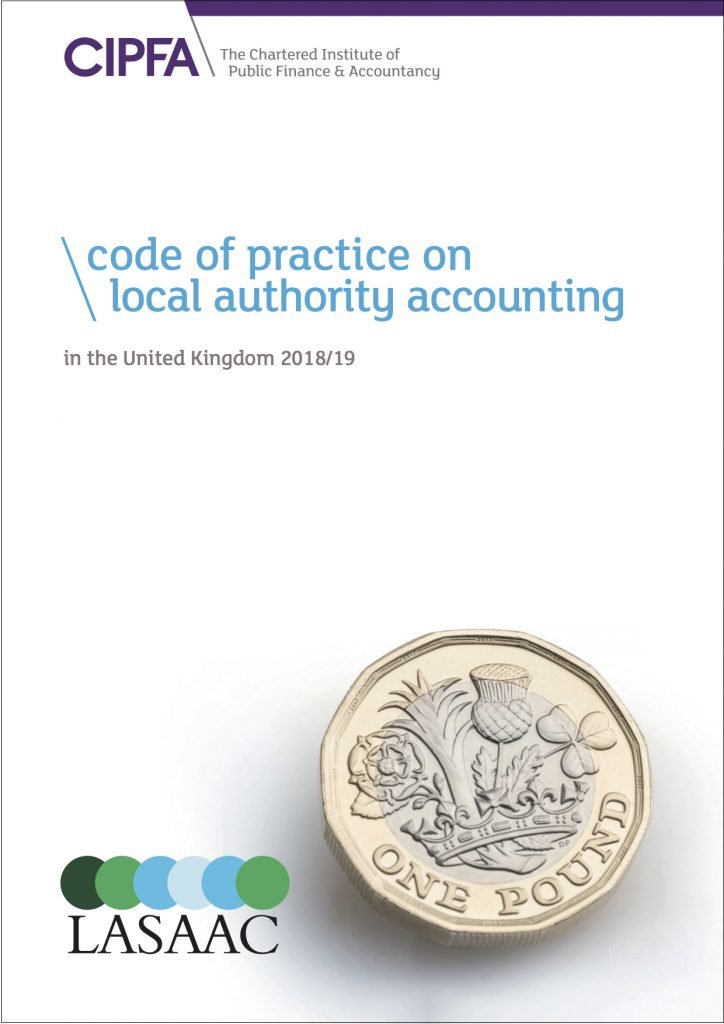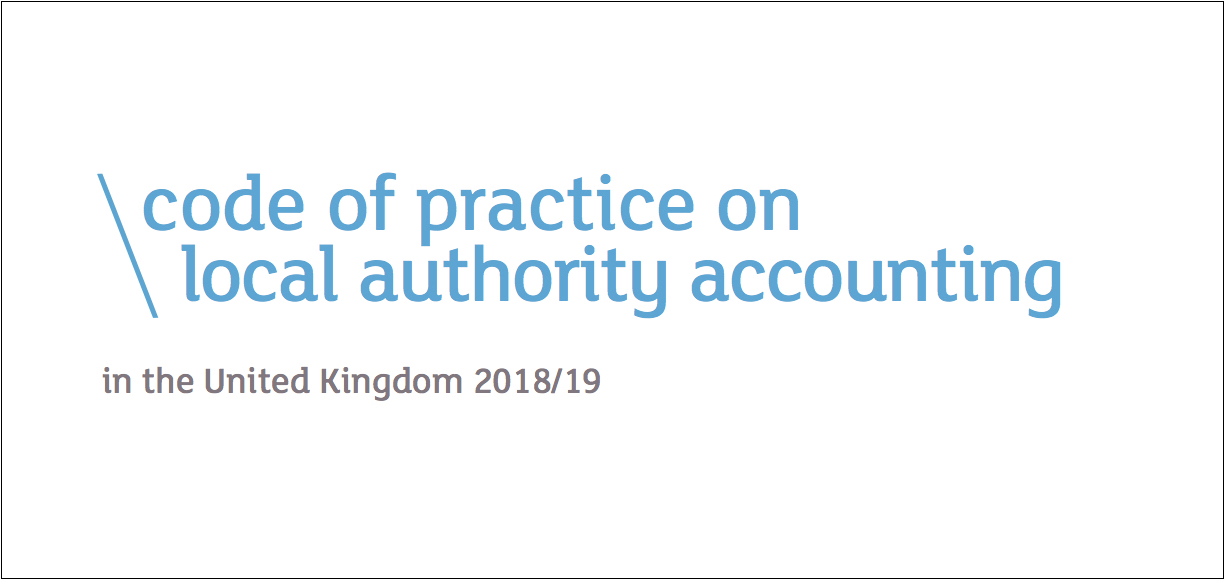
New guidance reflecting the controversial accounting standard IFRS 9 has been issued for local local authoritie.
A joint board (CIPFA/LASAAC) of the Chartered Institute of Public Finance and Accountancy and the Local Authority (Scotland) Accounts Advisory Committee, this week issued the Code of Practice on Local Authority Accounting in the United Kingdom 2018/19.
The code includes a fully revised chapter on financial instruments, giving local authority finance officers certainty on how to implement IFRS 9.
Don Peebles, head of policy and technical UK at CIPFA, said: “CIPFA/LASAAC has worked hard, starting as early as 2015, to ensure that it has understood the impact of these standards and particularly IFRS 9 on local authority accounts and finances.
“Within the boundaries of effective financial reporting CIPFA/LASAAC has been concerned to understand both the practical and technical aspects of the standard and as a result both CIPFA and CIPFA/LASAAC have supported the work of government on statutory mitigation for particular investment vehicles.”
The revised code adopts the new classification and measurement requirements for financial assets, the new credit loss impairment model and new disclosure requirements resulting from adoption of the standard.
There have also been changes reflecting the amendments to the comprehensive income and expenditure statement resulting from the adoption of the standard.
Amendments have also been made to introduce the incurred loss model for the impairment of non-contractual debts.
These principally relate to council tax, business rates and district rates and include relevant disclosure requirements stemming from the expected credit loss model for impairment being introduced by IFRS 9’s adoption.
David Green, strategic director at treasury adviser Arlingclose, told Room151: “After years of deliberation, local authorities will be pleased to see the final version of the code’s new accounting requirements for investments and debtors under IFRS 9.
“They will particularly welcome the confirmation that changes in the market value of pooled fund investments need not hit the bottom line, providing they meet the definition of an equity instrument.
“However, local authorities should not underestimate the scope of the changes to the accounting and reporting requirements in IFRS 9, particularly the new impairment provisions.”













